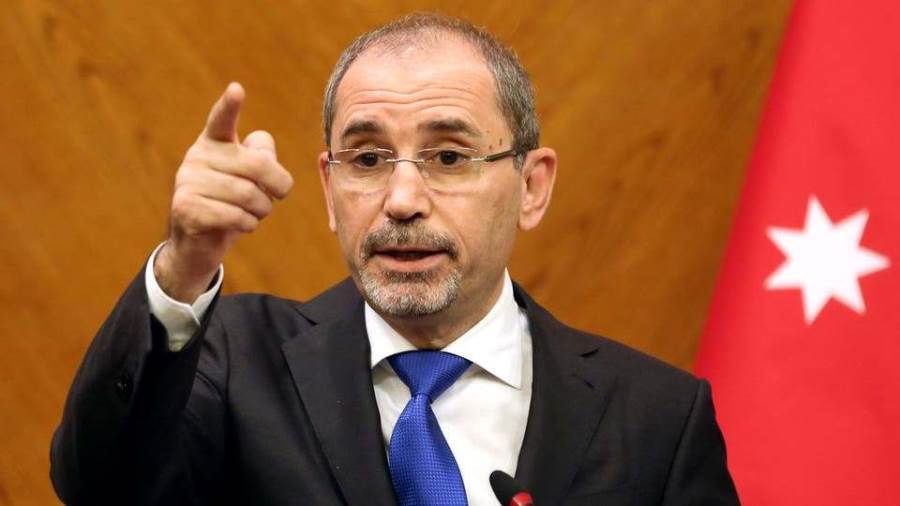Jordan Draws a Red Line Against Israeli Expansion in Syria

Safadi's statements came during a joint press conference with his Russian counterpart Sergey Lavrov, after signing a historic agreement to abolish visas between the two countries. However, what was most interesting was the clear shift in Jordanian diplomatic rhetoric, which moved from faint warnings to clear frankness in describing the "Israeli absurdity" in southern Syria.
The Jordanian minister, with a tone that seemed to carry years of accumulated frustration, warned that Israel's expansionist policies "seek to prolong the conflict" not only in Palestinian territories but also in Lebanon and Syria. His words were not just a usual diplomatic criticism, but a clear condemnation of a regional project adopted by Netanyahu's government.
What stands out in the new Jordanian discourse is the clear link between Jordan's national security and the stability of southern Syria. Amman, which has suffered for years from the repercussions of the war in Syria, is well aware that any additional collapse in southern Syrian areas would be enough to destabilize it as well.
But the most important message was Safadi's warning against "Israeli intervention in Syrian internal affairs." This phrase specifically refers to Jordanian intelligence information about Israeli attempts to create hotspots in the Sweida province, which represents Jordan's northern gateway.
On the other hand, the timing was very expressive. Safadi's visit to Moscow and the signing of the visa abolition agreement with Russia show that Amman is seeking new allies in the face of regional challenges. The agreement that allows Russian citizens to travel to Jordan without a prior visa is more than just tourist facilitation; it is a gateway to enhancing economic and security relations between the two countries.
The Jordanian message was clear: Amman refuses to allow Syria to become a battleground for regional conflicts, and it is ready to cooperate with all parties to protect the country's sovereignty and unity. This position is no longer hidden from anyone, especially after the historic visit of Syrian President Ahmad al-Shara to Jordan last July.
In the background, there is increasing Jordanian concern that the Israeli expansionist project is no longer limited to Palestinian territories but has begun to affect neighboring countries. Safadi's warnings of a "destructive project led by the Israeli government" were not an exaggeration, but an expression of a firm conviction in the Jordanian capital that Israel is pushing the region towards the abyss.
The scenario that Amman fears is the transformation of southern Syria into a new battleground, where militias clash and armed groups operate under regional sponsorship. This security nightmare is what the Hashemite Kingdom is trying to prevent with all its might.
The game has become complicated, and the multiple parties make Syria a major chessboard. But Jordan, with its clear message from Moscow, confirms that it will not be just a spectator, but will be an active player in shaping the future of Syria and the region as a whole.